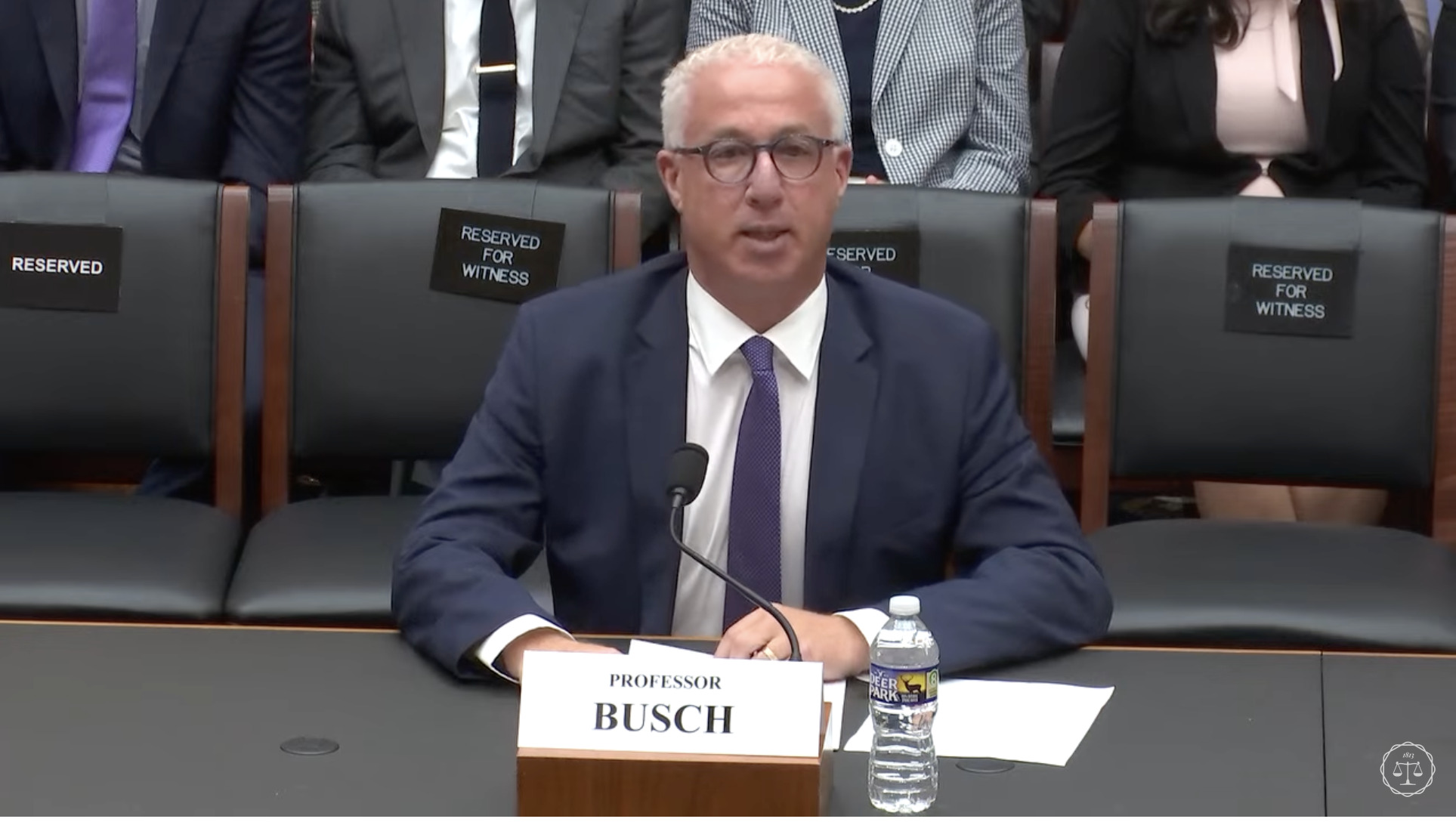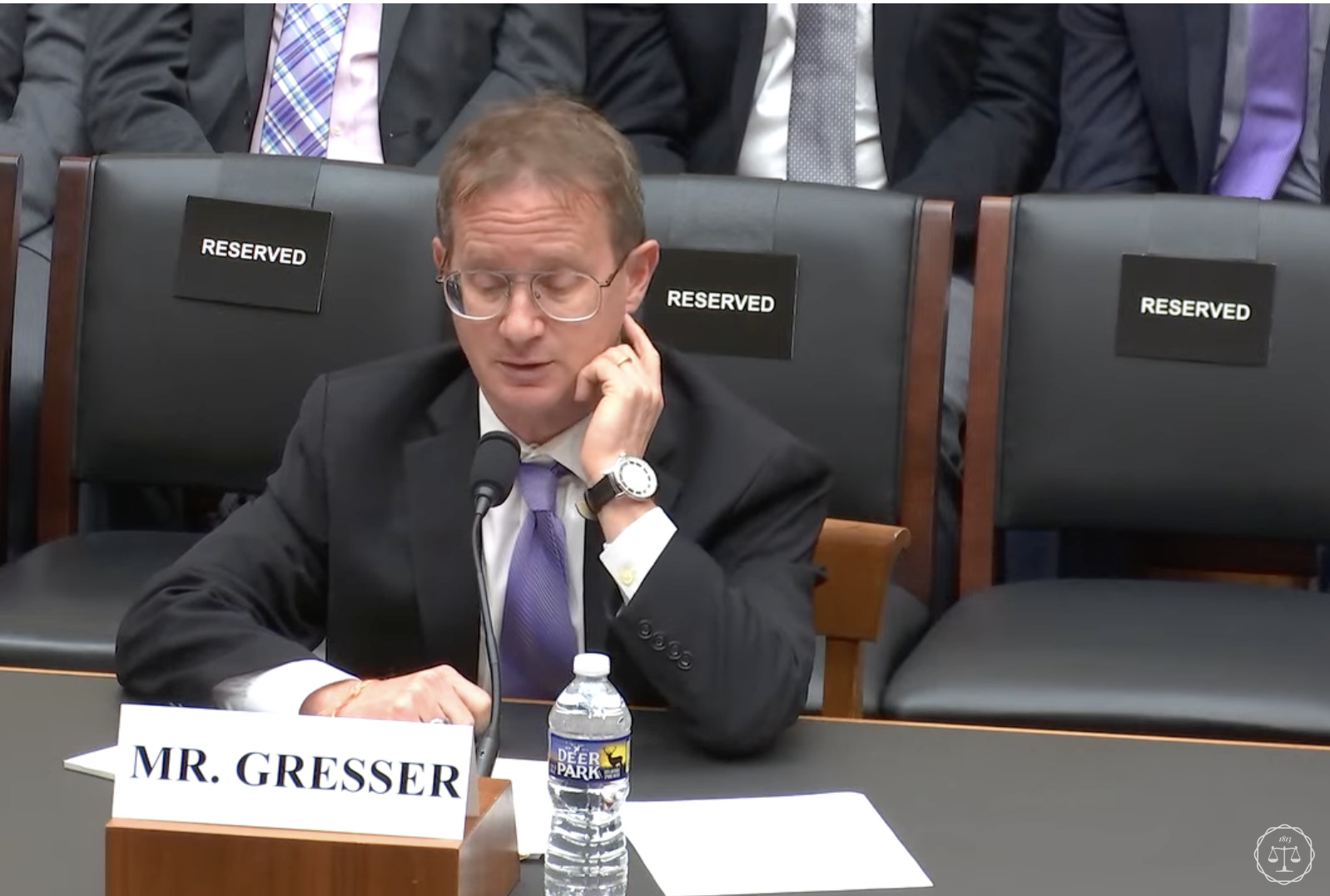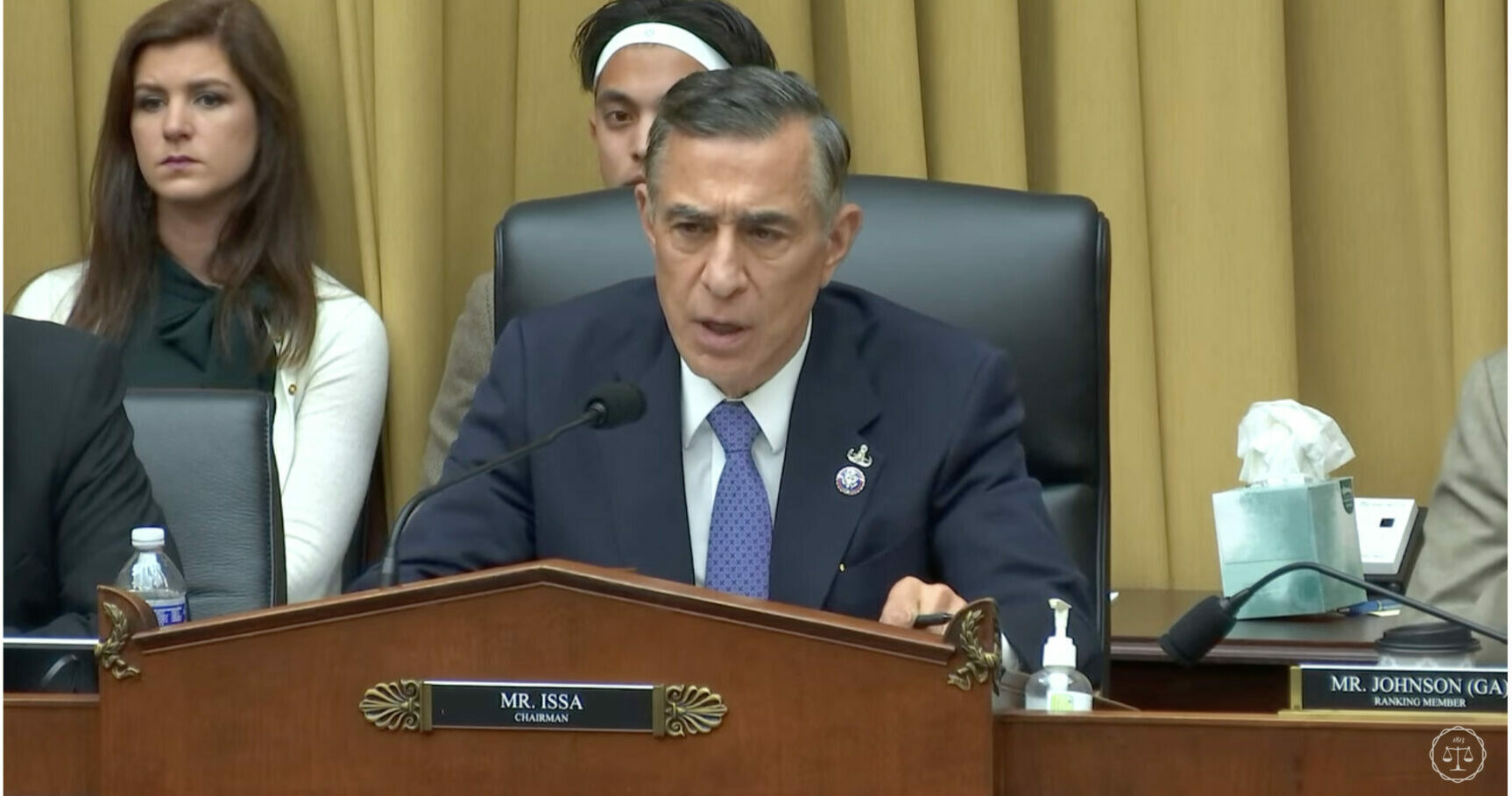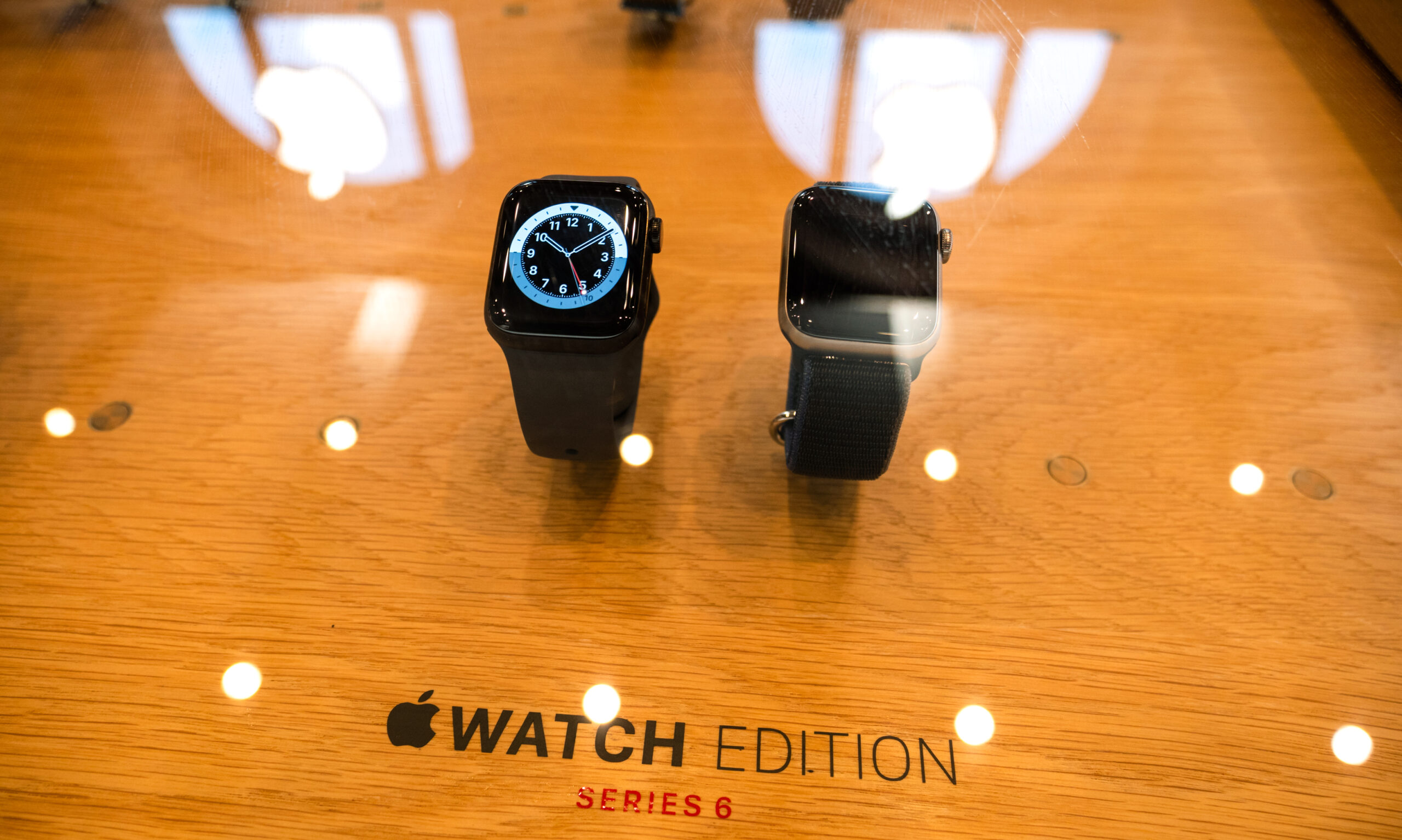Witnesses and House IP Subcommittee Members Skeptical About Extending TRIPS IP Waiver
“The TRIPS waiver was a mistake. Expanding it will make things be worse. It won’t help fight COVID, but it will hurt U.S. innovation and it will contribute to other countries realizing their industrial policy goals.” – Marc Busch
Darrel Issa (R-CA)
The House of Representatives’ Subcommittee on Courts, Intellectual Property, and the Internet today held a hearing titled “IP and Strategic Competition with China: Part II – Prioritizing U.S. Innovation Over Assisting Foreign Adversaries,” which focused on the World Trade Organization’s (WTO’s) agreement on a waiver of IP rights for COVID-19 vaccine technologies under the Agreement on Trade-Related Aspects of Intellectual Property Rights (TRIPS) last June. All of the panelists agreed that COVID-19 is no longer a public health emergency and that an extension of the waiver to diagnostics and therapeutics is likely unnecessary.
The crux of the hearing was that the waiver has given a leg up to China, which is considered a developing country and could technically have used the waiver provisions, though it made a cursory commitment not to. The IP Subcommittee’s Chair, Darrel Issa (R-CA), noted in his introduction that his bill, the No Free TRIPS Act, would address this issue for future emergency situations by requiring that any presidential administration receive congressional approval to waive relevant provisions of the TRIPS Agreement.
The Subcommittee’s Ranking Member Hank Johnson (D-GA) disagreed that the waiver decision was a bad thing, however, explaining that “when extraordinary circumstances exist sometimes we must take extraordinary measures,” and noting that the COVID-19 pandemic has taken the lives of 7 million people worldwide to date. Johnson supported a limited waiver of the TRIPS provisions “to help developing countries gain access to the life-saving vaccines that they need to protect their citizens,” he said.
Solution in Search of a Problem
The problem with Johnson’s statement though, according to most of the witnesses, is that the waiver didn’t actually achieve that goal. Since the agreement was reached one year ago, not one country has made use of the waiver, and the pandemic has been officially declared over, they noted. “As we approach the first anniversary of the 12th ministerial conference, we can now safely describe the TRIPS waiver as a solution in search of a problem,” said Dennis Shea, Executive Director, J. Ronald Terwilliger Center for Housing Policy, Bipartisan Policy Center and former Deputy U.S. Trade Representative and U.S. Ambassador to the WTO. “No compelling evidence has been put forward to show that IP protections have hindered global access to these vaccines.”

In December 2022, the WTO delayed its deadline to decide on whether to extend the TRIPS waiver for vaccine technology to diagnostics and therapeutics amid concerns there wasn’t enough information to make an informed decision. That came following a December 6, 2022, letter to the International Trade Commission (ITC) from the United States Trade Representative (USTR) asking the ITC “to launch an investigation into COVID-19 diagnostics and therapeutics and provide information on market dynamics to help inform the discussion around supply and demand, price points, the relationship between testing and treating, and production and access.”
In March, the ITC held an all-day hearing featuring a range of stakeholders who testified on the subject. Presumably the decision on whether to extend the waiver will come following the results of the ITC investigation, which are expected in the fall.

Quantifying the Harm
Mark Sedam, Vice President, Technology Opportunities & Ventures, NYU Langone Health, addressed the issue of whether the waiver has caused harm in response to questioning from Representative Thomas Massie (R-KY), agreeing that it hasn’t caused any “direct harm” but said that what it does is to cause uncertainty that compromises our ability to compete. “If future pandemics emerge, will there be less willingness of companies to jump in to solve the crisis?” Sedam asked.
Overall, none of the congress members who engaged in questioning seemed to think extending the waiver to diagnostics and therapeutics was a good idea, particularly in light of the pandemic being largely under control. Busch underscored the potential dangers of extension and said the focus going forward to ensure needed technologies get to developing countries should be on tariffs and taxes, rather than IP rights. “Even when free, vaccines have not always found their way to patients,” Busch said, noting that, in Congo, they had to destroy 1.7 million vaccines because they had expired, and in Nigeria, 1 million.
Furthermore, while China said it would not use the waiver provisions for vaccine technologies, it has said nothing about therapeutics and diagnostics. Similarly, India “will likely weigh in and use these waivers,” Busch said.
He added: “But even if it doesn’t use them, the mere ability to use will deter a lot of innovations and inventions from coming to market and it will hurt national security through economic coercion.”






